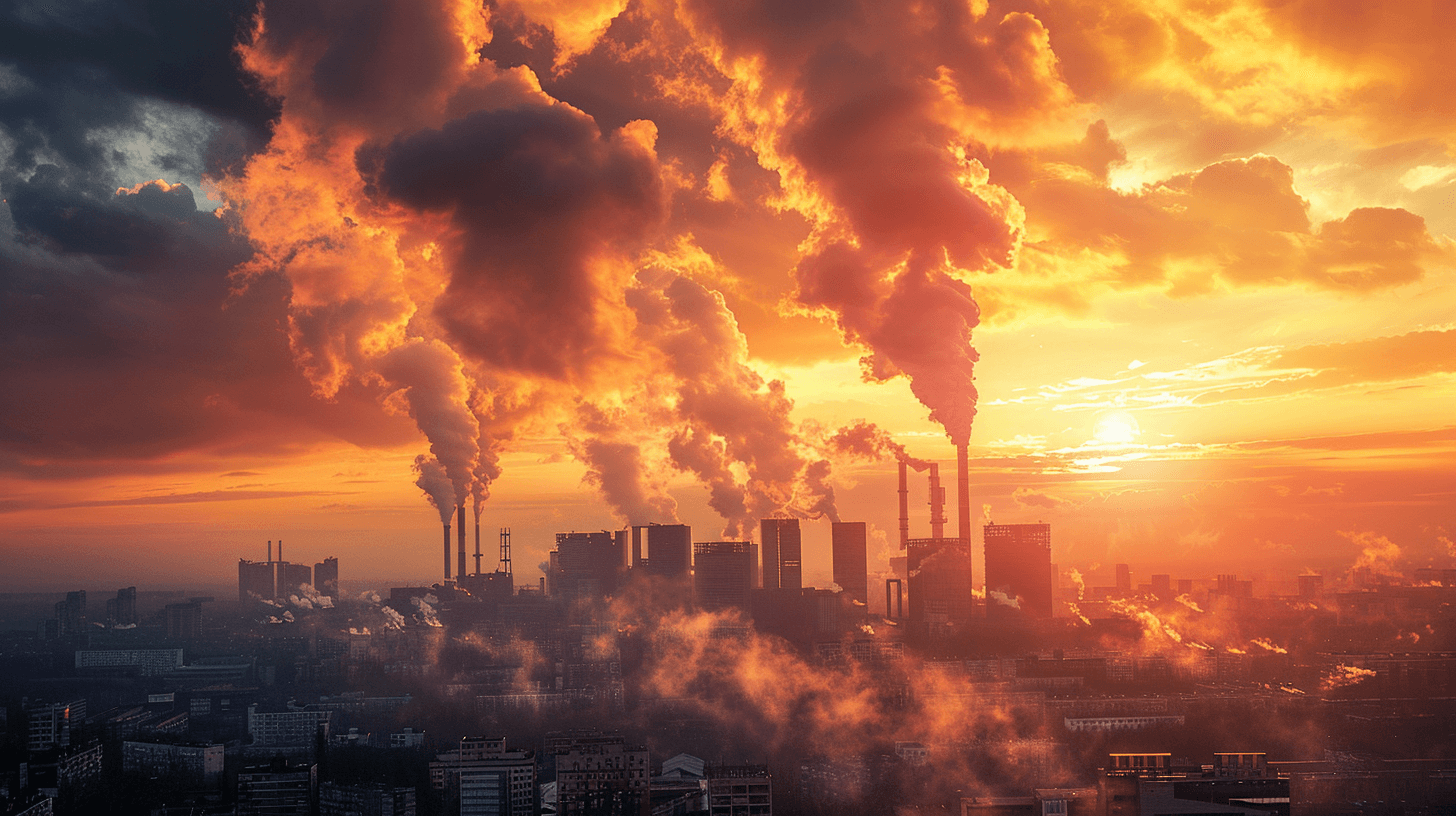Introduction
The United Nations Climate Change Conference (COP28) concluded on December 13, 2023, in Dubai, United Arab Emirates, marking a pivotal moment in the global fight against climate change. With the participation of delegates from nearly 200 countries, COP28 is hailed as a historic event that signals the “beginning of the end” of the fossil fuel era. The conference set the stage for a swift, just, and equitable transition, underpinned by deep emissions cuts and scaled-up finance, showcasing a renewed commitment to global solidarity and climate action.
Global Solidarity and Ambition
At COP28, the world witnessed an unprecedented demonstration of global solidarity as negotiators came together to make decisive strides in addressing the climate crisis. The conference saw the adoption of the world’s first ‘global stocktake,’ a comprehensive review aimed at ratcheting up climate action before the end of the decade.
The global stocktake’s overarching goal is to keep the global temperature limit of 1.5°C within reach, reflecting the urgent need for enhanced international cooperation and ambition in tackling climate change.
The Global Stocktake: Central Outcome of COP28
The global stocktake emerged as the central outcome of COP28, encompassing every element under negotiation and providing a blueprint for countries to develop stronger climate action plans due by 2025. The stocktake recognizes the scientific consensus that global greenhouse gas emissions need to be cut by 43% by 2030 compared to 2019 levels to limit global warming to 1.5°C. However, it also notes that current efforts are off track, highlighting the critical need for accelerated action to meet the Paris Agreement goals.
Short-Term Actions and Long-Term Goals
COP28 called on Parties to take immediate actions towards achieving a global scale tripling of renewable energy capacity and doubling energy efficiency improvements by 2030. The conference emphasized the importance of phasing down unabated coal power and phasing out inefficient fossil fuel subsidies. In the short term, Parties are encouraged to come forward with ambitious, economy-wide emission reduction targets aligned with the 1.5°C limit in their next round of climate action plans (nationally determined contributions) by 2025.
Strengthening Resilience to Climate Change
The conference marked significant progress in strengthening resilience to the effects of climate change. A historic agreement was reached on the operationalization of the loss and damage fund and funding arrangements, a first for any climate conference. This fund is a testament to the global commitment to support vulnerable communities in coping with the immediate impacts of climate change. Additionally, Parties agreed on targets for the Global Goal on Adaptation (GGA) and its framework, setting a clear direction for global efforts to become resilient to the changing climate.
Increasing Climate Finance
Climate finance took center stage at COP28, with Executive Secretary Simon Stiell emphasizing its role as the “great enabler of climate action.” The conference witnessed a boost in pledges to the Green Climate Fund, the Least Developed Countries Fund, and the Adaptation Fund, with total commitments reaching record levels. However, the global stocktake highlighted that these financial pledges fall short of the trillions needed to support developing countries in their clean energy transitions and adaptation efforts. The conference underscored the importance of reforming the multilateral financial architecture and accelerating the establishment of new and innovative sources of finance.
Important Dates and Goals for Reducing Carbon Emissions
Global Stocktake:
- Goal: Reduce global greenhouse gas emissions by 43% by 2030 compared to 2019 levels. This is necessary to limit global warming to 1.5°C.
- Date: 2025. Countries are expected to develop stronger climate action plans based on the findings of the global stocktake.
Paris Agreement:
- This international treaty aims to achieve:
- Net-zero emissions by the second half of this century.
- Limit global warming to well below 2°C, preferably to 1.5°C, compared to pre-industrial levels.
Individual Country Net-Zero Targets:
- Over 140 countries have committed to achieving net-zero emissions, representing roughly 88% of global emissions.
- Target dates vary:
- Some countries aim for 2050.
- Others have set more ambitious goals (even sooner than 2050).
Additional Points:
- The urgency to reduce emissions is high, especially considering the current pace is insufficient to meet the Paris Agreement goals.
- These combined efforts represent a significant global push to mitigate climate change.
Event Participation and Inclusivity
COP28 saw an impressive turnout of 85,000 participants, including world leaders, civil society representatives, business leaders, Indigenous Peoples, youth, philanthropists, and international organizations. The conference emphasized the critical importance of empowering all stakeholders to engage in climate action, particularly through the Action for Climate Empowerment and the Gender Action Plan. This inclusive approach underscores the collective determination to close the gaps to 2030 and achieve meaningful climate progress.
Collaboration and Real-World Solutions
The Global Climate Action space at COP28 provided a platform for governments, businesses, and civil society to collaborate and showcase their real-world climate solutions. The High-Level Champions launched their implementation roadmap of 2030 Climate Solutions, offering insights from a wide range of non-Party stakeholders on effective measures that need to be scaled up and replicated to halve global emissions, address adaptation gaps, and increase resilience by 2030. The conference also saw several announcements aimed at boosting the resilience of food and public health systems and reducing emissions related to agriculture and methane.
Looking Ahead: COP29 and COP30
The negotiations on the ‘enhanced transparency framework’ at COP28 laid the groundwork for a new era of implementing the Paris Agreement. The next two years are critical, with COP29 set to establish a new climate finance goal and COP30 requiring governments to come prepared with new nationally determined contributions that are fully aligned with the 1.5°C temperature limit. The global community must continue to work diligently to put the Paris Agreement into full effect, ensuring that every commitment on finance, adaptation, and mitigation brings us closer to a sustainable future.
Conclusion
COP28 stands as a testament to the world’s unwavering commitment to finding a new path towards a sustainable and fossil-free future. The historic achievements of the conference serve as a beacon of hope and a call to action for all stakeholders to continue their efforts in the crucial years ahead. As we look forward to COP29 and COP30, the message is clear: the race to combat climate change is still on, and it will require the collective determination and collaboration of all to secure a better future for our planet.





